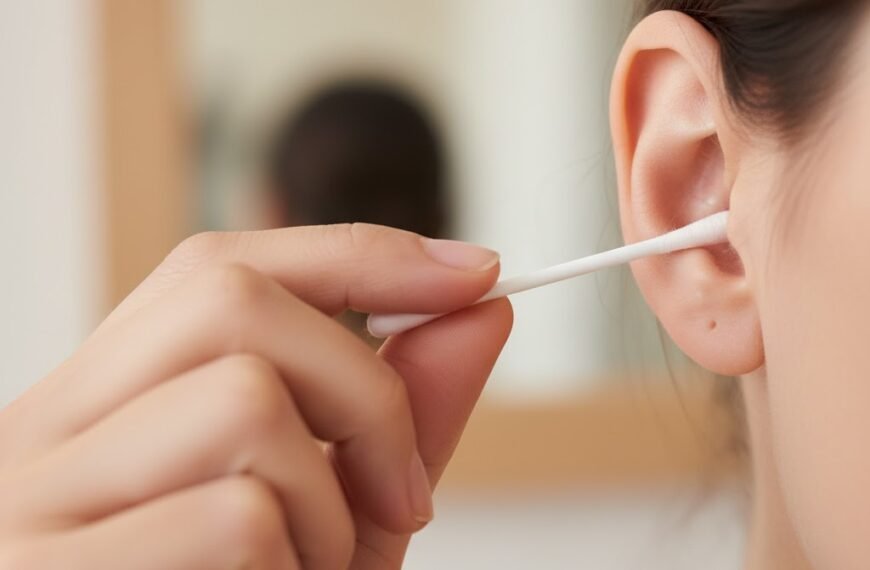Fiber is often celebrated for keeping digestion on track, but its role in your overall health is much bigger. This powerhouse nutrient, found in plant foods, helps control blood sugar, lower cholesterol, support a healthy heart, and feed the good bacteria in your gut. When you don’t get enough, your body can send you clear signals.
Are you listening? Here are ten common signs that you might need more fiber in your diet.
1. Irregular Bowel Movements
If you’re experiencing infrequent trips to the bathroom or passing hard, dry stools, it’s a classic sign of low fiber intake. Fiber adds bulk and softness to your stool, making it easier to pass. To improve this, gradually add more whole grains, vegetables, and fruits to your meals.
2. Constant Hunger
Do you feel hungry soon after eating a meal? Fiber slows down digestion, which helps you feel full and satisfied for longer. If your meals lack fiber, you might find yourself snacking more frequently or overeating.
3. Bloating and Gas
While a sudden increase in fiber can cause gas, persistent bloating coupled with irregularity can actually point to a diet consistently low in fiber. Increasing your intake slowly and drinking plenty of water can help your digestive system adjust.
4. High Cholesterol
Soluble fiber, found in foods like oats, barley, and beans, helps lower “bad” LDL cholesterol by binding to it in the digestive system. If your cholesterol levels remain high, evaluating your fiber intake could be a beneficial step.
5. Blood Sugar Spikes
Meals low in fiber can cause your blood sugar to rise quickly after you eat. If you notice energy crashes or have difficulty anaging your blood sugar, adding fiber-rich foods like leafy greens and legumes can help slow down sugar absorption.
6. Hemorrhoids
Straining during bowel movements, often due to hard stools, can lead to or worsen hemorrhoids. A high-fiber diet helps soften your stool, reducing pressure and making elimination more comfortable.
7. Unexplained Weight Gain
Fiber helps with weight management by promoting a feeling of fullness with fewer calories. If you’re struggling with weight gain despite your efforts, a lack of fiber might be a contributing factor.
8. Relying on Laxatives
If you frequently need laxatives or stool softeners to have a bowel movement, it could indicate that your diet is not providing enough natural fiber. Focusing on long-term, food-based solutions is a healthier approach for your digestive system.
9. Discomfort After Fatty Meals
Fiber helps regulate how your body processes fats. If you often experience intestinal upset after eating fatty foods, it may be helpful to include more high-fiber foods in your diet to improve digestion.
10. Your Diet Lacks Whole Plant Foods
Take a look at your plate. If it’s mostly made up of refined carbohydrates like white bread, white rice, and sugary snacks, and lacks whole fruits, vegetables, nuts, and legumes, you fiber intake is almost certainly too low.
Simple Steps to Increase Your Fiber Intake
Fiber is essential for long-term health, not just a digestive aid. If you recognize several of these signs, the solution is straightforward: add more whole plant foods to your diet.
Start with small, consistent changes. Try adding an extra serving of vegetables to your dinner, switching from white rice to brown rice, or snacking on a piece of fruit. Remember to increase your fiber intake gradually and drink more water to help your body adapt. If you have a pre-existing digestive condition or severe symptoms, it’s always a good idea to consult a healthcare provider before making major dietary changes.


















